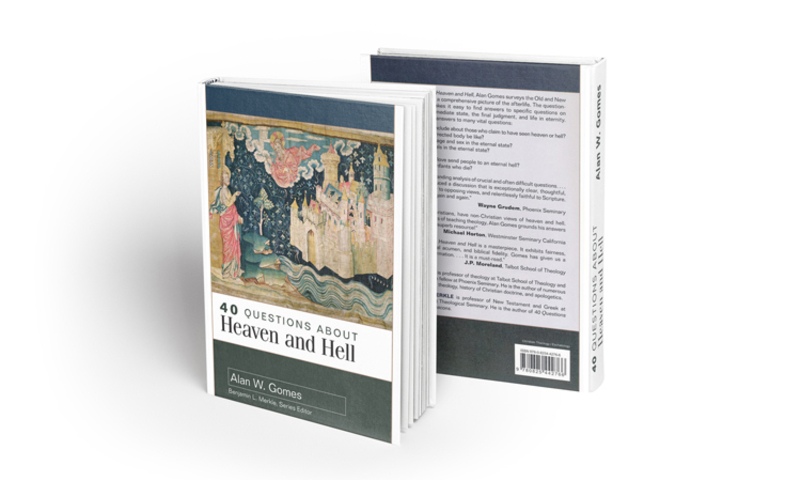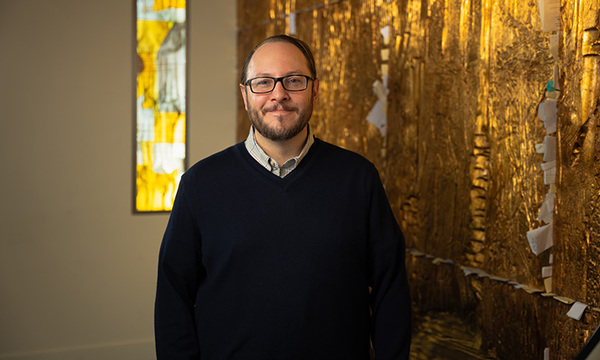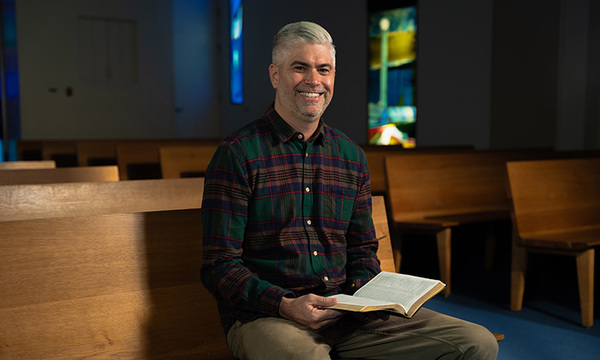Sitting on a heavenly cloud, strumming a golden harp or polishing a halo. An interminable church service, where people sing psalms without respite. A semiconscious slumber in which our disembodied soul forever “rests in peace.” There you have some of the common, popular conceptions of our everlasting life “in heaven.” It is small wonder that many professing. Christians remain so firmly attached to this present life, despite what they may tell their Sunday school teachers.
I am convinced that one of the main reasons people may not be excited about “dying and going to heaven forever” is that the usual picture of life after death is so unnatural, weird and utterly unlike anything they really enjoy. But what if our activities in the eternal state actually look more like the most enjoyable things we do in this life, only vastly better in every way?
... The notion of spending eternity in heaven in a kind of disembodied or semi-embodied, ethereal, floaty and slumberous existence must go. For one thing, such a view of heaven is in some ways skewed to begin with. However, more to the point, heaven is not the believer’s eternal home anyway; a new earth is. We will enjoy our lives on this physical new earth in new bodies — as fleshly and tangible as the ones we have now. Moreover, we will continue to do many of the kinds of activities we do here, minus all the suffering, pain and disappointment that often taints even our best experiences.
If the eternal state is not so much about giving up our legitimate and God-honoring joys in the present life as it is about enjoying them perfectly and in right relationship with the giver of all perfect gifts (James 1:17), why would we want to cling to the inferior version?
Based on Scripture, we can affirm the following about our activities in the eternal state (i.e., on the new earth):
- We will revel in God’s direct presence and worship him supremely.
- We will experience joyful rest.
- We will engage in physical activities with physical bodies.
- We will enjoy social interactions with one another.
- We will exercise responsibility and service.
We Will Enjoy Social Interactions With One Another
... We will remember our past relationships and continue to recognize one another in the eternal state. Since this is so, it makes sense that we will do more than merely recognize one another but will also enjoy blessed fellowship together.
As noted above, the primary activity in the afterlife — whether in heaven or on the new earth — will be to worship God. We will worship God not merely as solitary individuals but together, which will make our enjoyment of that worship even sweeter.
When you are passionate about something — a hobby, a new car, a great piece of music — you enjoy it even more when you share your enthusiasm with like-minded people who enjoy the same thing. For example, I love sailing. When I am not writing books about the afterlife, I spend time on some of the Internet forums or down at the marina talking with others who love the hobby as I do. We extol the virtues of this boat or that slick new piece of marine hardware. We simply love to laud what we find praiseworthy about these things, and we especially enjoy doing so with others who share the same passion. This is because human beings were made to praise that which is praiseworthy. Now, I think there is nothing wrong with “praising,” so to speak, a beautiful, well-designed sailboat. I find few objects lovelier than a sailboat hard on the wind, gracefully slicing through the water, and I love to share my excitement and enthusiasm about sailing with others. Well, if my buddies and I can take a certain legitimate delight in “praising” a sailboat — which from another perspective is but a piece of wind-propelled, fiberglass-reinforced plastic — how much infinitely greater delight is there in praising the God of the universe, who is beautiful and lovely and desirable beyond all description! To sing his praises with others multiplies exponentially our joy in him.
Excerpt adapted from 40 Questions About Heaven and Hell, by Alan W. Gomes (M.Div. ’81, Th.M. ’84, professor of theology). Copyright Alan Gomes and Kregel Publications, 2018. Excerpt used with permission.
 Biola University
Biola University



